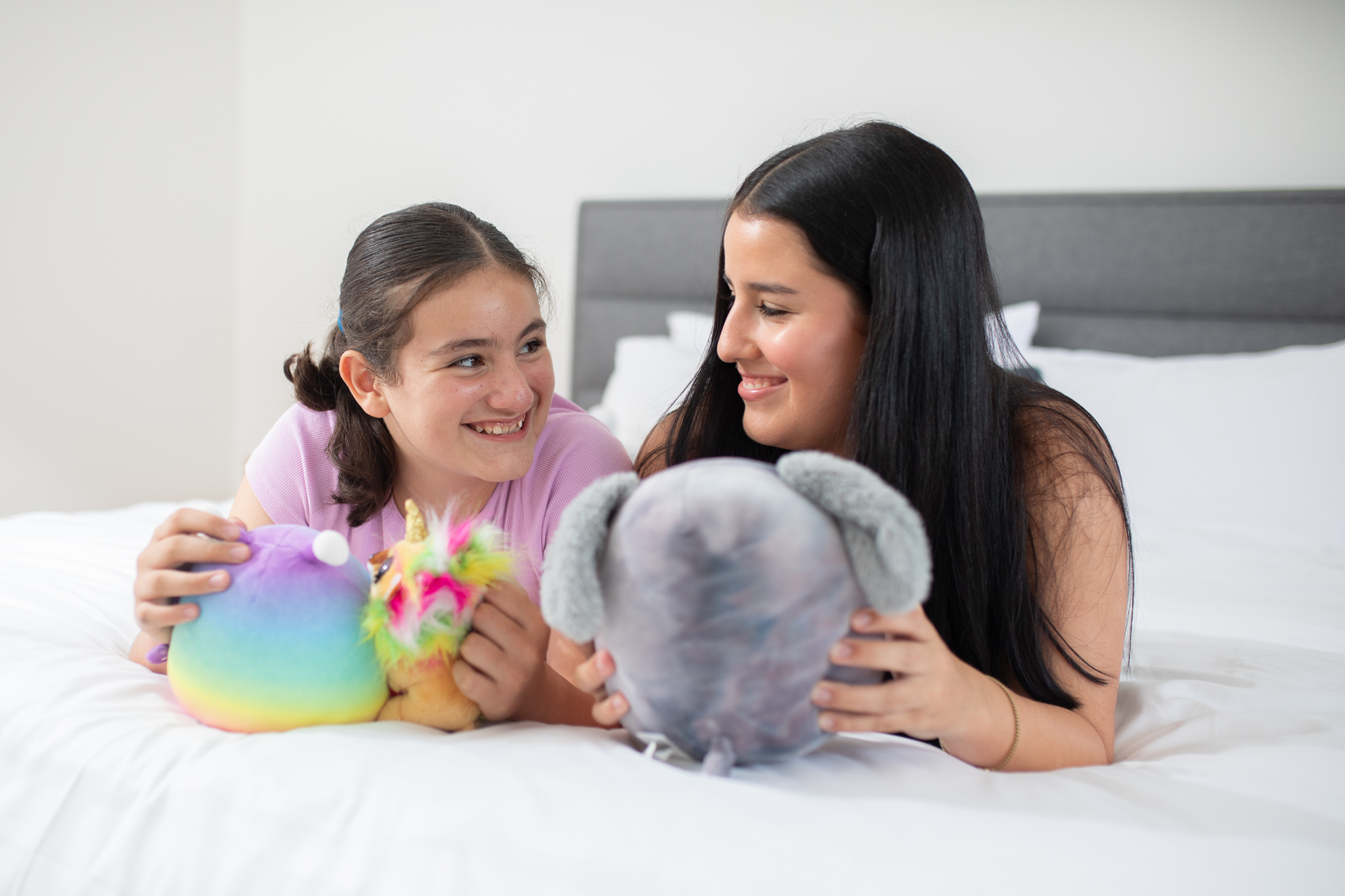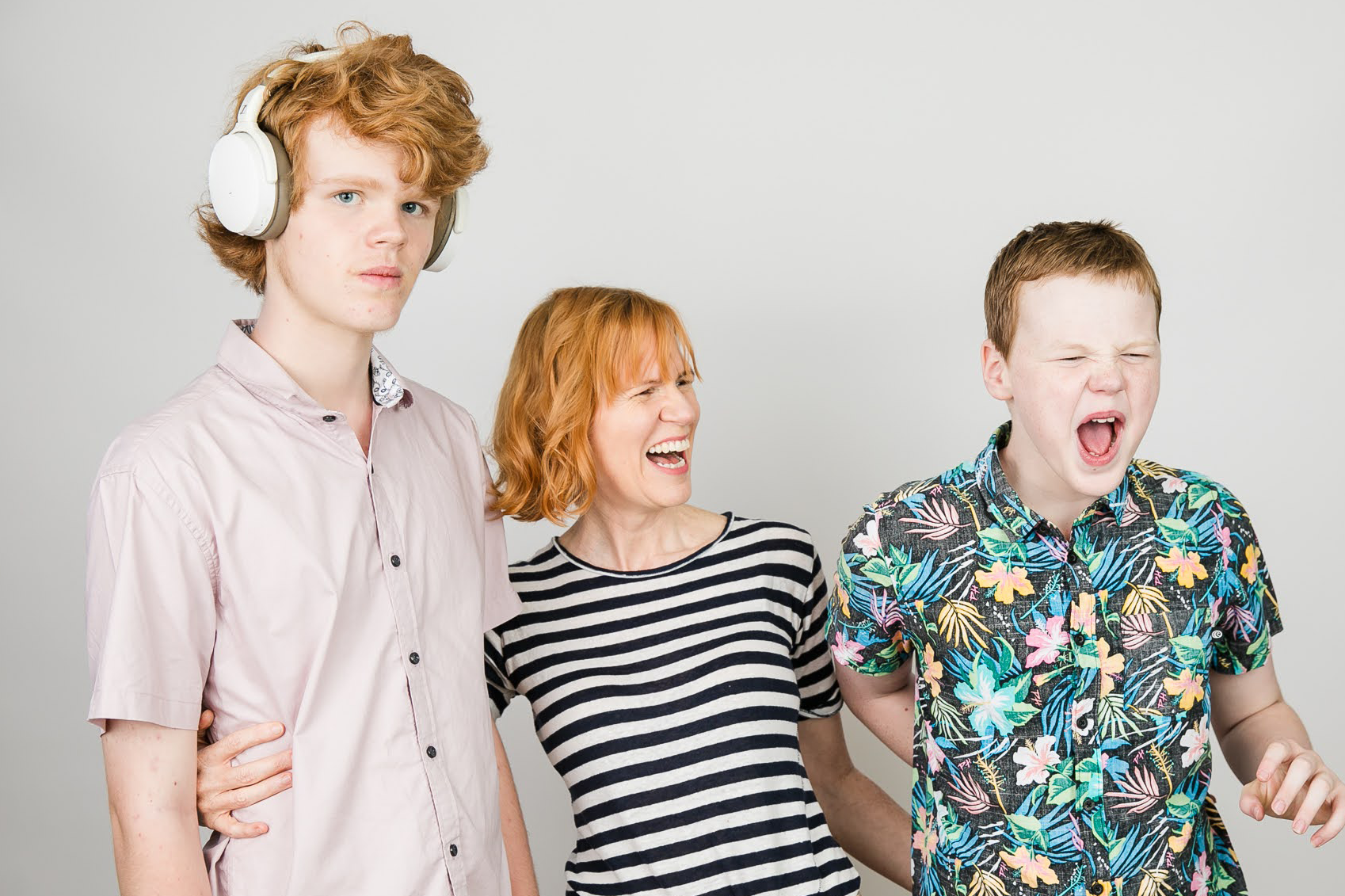In conversation with Judy Singer...

Judy Singer is a sociologist, author and international speaker.
She is noted for the coinage of the word “Neurodiversity” in a thesis published at the University of Technology, Sydney in 1998. Her research was based on her experiences “in the middle of 3 generations of women somewhere on the ‘Autistic Spectrum’” and on membership of early online Autistic egroups.
In 2003 she co-founded ASteen, a Sydneywide social club for teenagers and young adults on the spectrum, and was for several years the secretary of the Inner West Autism and Aspergers Parent Support Group.
We recently had the opportunity to meet Judy and hear more about her advocacy work, research and the impact she has had on the Neurodiversity movement.
What inspired you to start thinking and writing about the concept of ‘neurodiversity’?
The word “Diversity” began to catch my attention in the 1980s, thanks to environmental science, and anti-racism. By the 90s I had realised there was a hereditary condition affecting the females in my family but didn’t know what. Psychotherapy had failed us, and was generally falling into disrepute as psychiatry was being eclipsed by neuroscience. I put the two together, as a suggestion for the name of a political and civil rights movement for us neurological outsiders, which I hoped would change the world in the same way as the Women’s and Gay Movements had.
Do you think having both a parent with autism and a child with autism has given you a unique perspective of ASD?
As a child carer for my mother, and a carer for my daughter, while having to cope with a world that praised my “brains”, but abused me for my autistic traits, I have a “grey” perspective. It’s neither black and white, and definitely not rainbows and sunshine. I’m OK with rainbows, but they should be overlaid with a light to dark gradient, not kindergarten colours that trivialise the real experiences of families living with autism. As far as I am concerned “difference” shades into “disability”, and proper attention must be paid to the “lived experiences” of all family members, not just the ones with autism.
.png)
Neurodiversity as a movement has been criticised for potentially glossing over the more disabling aspects the condition has for some people. What is your view on that?
It can do and based on my previous point, I am concerned enough that I am rewriting my definition which you can see at my blog www.neurodiversity2.blogspot.com/p/what.html. That said, every new movement naturally polarises, and it takes time for society to find the middle ground. I think the concept of Neurodiversity has been world-changing, by giving us a new perspective on humanity, but it needs to mature to the point where we see that human nature is complex, and nature is beautiful but not benign.
Online conversations about autism have become quite heated in the last few years. How can we all better work together, given the community is actually in agreement over wanting the best outcomes for people on the spectrum?
People who have been hurt are often angry and sometimes even dangerous. That is human nature. Trying to suppress anger just makes it go even deeper. Not surprisingly, I have been a target for people on both pro- and anti- extremes of “Neurodiversity”. I would not suppress them, but I do block them. On social media, the more you struggle, the stronger they get. If it goes beyond a certain point, we have the law as a protection. The fact that the community is in agreement is our strength.
Given the broad nature of the spectrum, and the different ways it impacts individuals and their families, how do we educate the generic public and create a better understanding of autism? Or should we be talking about ‘autisms’?
In my opinion, the DSM IV decision to roll Aspergers into Autism was a disaster. When they created “Aspergers” they created an identity as much as a new disability, and rolling the two together has made the definition so broad that it has totally confused everyone. Much of the conflict is between the families of those with classical autism and people who identify as “autistic”. As a result, I am beginning to think that Autism will disappear altogether. With all the debate and discussion it is becoming clearer that all these neurological conditions overlap so much that we must moved to a specific needs-based diagnostic system rather than a label-based system. This is particularly important for our social security system, which encourages people to “shape” their needs to fit a label to get the support they actually need.
What would you like to see change for people with autism in Australia?
In a wealthy country like Australia, nobody should be living in poverty. A huge overhaul of our punitive Centrelink system, would benefit everyone including autistics.
In all my speeches and presentations, I end with something like this: all age-old wisdom that transcends the fashions of the time
Neurodiversity is just a new way of saying
“From each, according to their ability. To each, according to their needs”. (Louis Blanc, 19th century French socialist)
But how to know what people’s needs and abilities are?
That requires art, science, history, politics, goodwill, awareness of others and one’s self.
It requires that we all give life our best. That is humanity’s moral task.
“You do not have to finish the task, but neither are you free to desist from beginning it” (Talmud)
“Every being cries out to be read differently. Do not be deaf to their cries” (Simone Weil, 20th century French philosopher)
Written by Judy Singer






